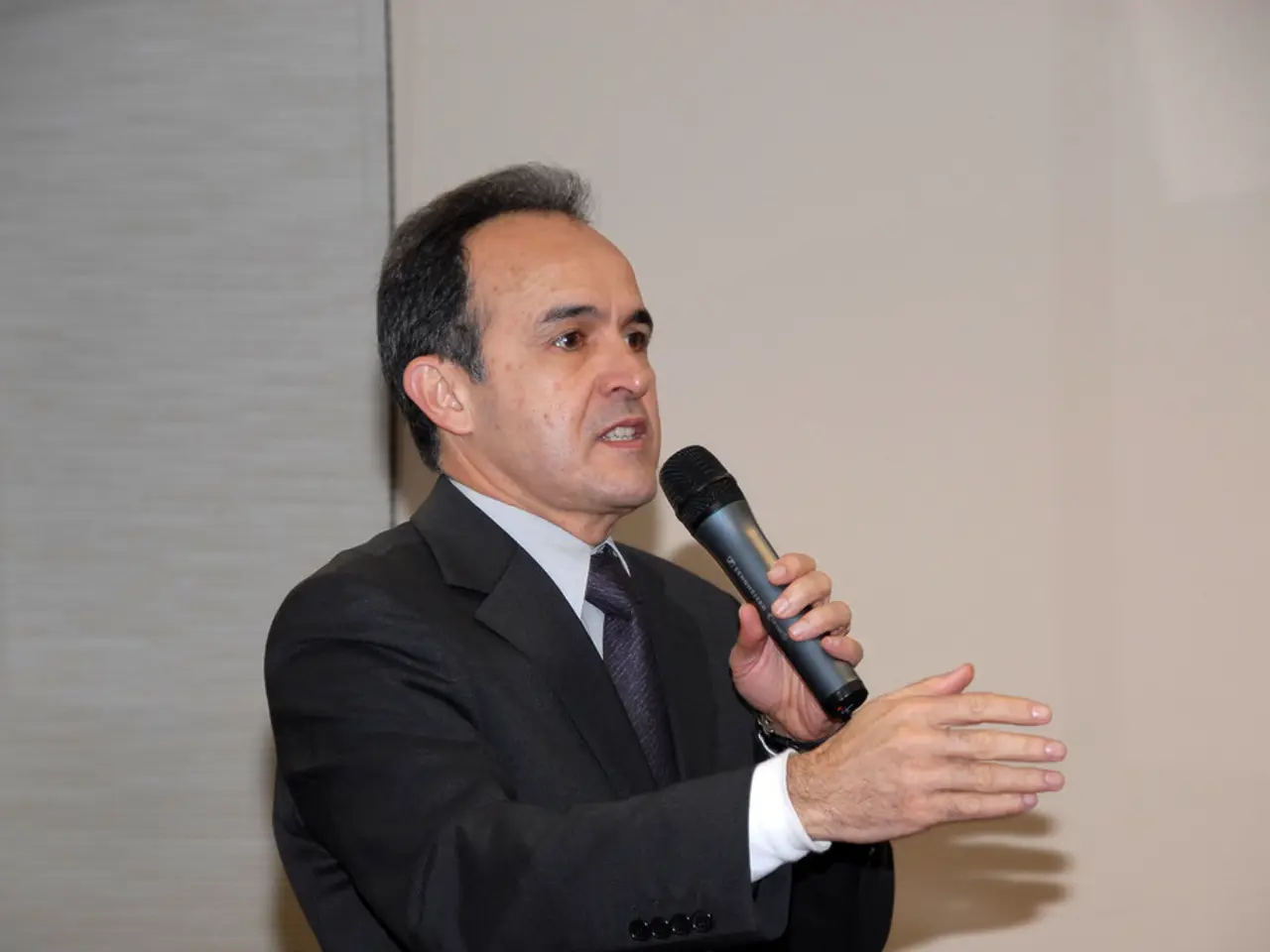Momentum Builds for Model Context Protocol
The Model Context Protocol (MCP) is a groundbreaking open standard that is revolutionizing the way AI models, particularly large language models (LLMs), interact with external tools, data sources, and systems. Its main objective is to create a unified, secure connection between AI applications (known as hosts or agents) and various external resources, using a client-host-server architecture.
MCP's key features include context awareness, modularity, improved autonomy, reusability, safety and control, and debugging and observability. These features enable AI systems to maintain shared context across multiple interactions, plan and act independently with minimal user inputs, and facilitate monitoring and iteration on model workflows and logic.
MCP hosts are AI applications like Integrated Development Environments (IDEs) or enterprise assistants that require external data or functionalities. MCP clients manage dedicated connections to MCP servers, which in turn expose access to tools, files, databases, or APIs. Data sources can be local files, databases, or remote APIs, all accessed via MCP servers.
Unlike ONNX and MLflow, MCP's primary focus is on standardizing context exchange and external tool integration for AI models during runtime, rather than model format interoperability or lifecycle management. While ONNX enables model portability across different frameworks and hardware backends, MCP focuses on real-time AI workflows needing dynamic context, tool invocation, and governance enforcement. MLflow, on the other hand, tracks ML experiments, packages models, and deploys them in production but does not standardize model context or runtime tool integration like MCP does.
MCP is gaining traction as a foundational layer in AI system architecture, with tech heavyweights like Microsoft and Nvidia supporting its development. Companies such as Anthropic, Meta AI, and several open-source groups within the open LLM community are also showing interest or involvement in MCP.
Real-world use cases for MCP include multi-agent systems, cross-platform applications, and live deployments in enterprise AI. MCP helps AI move beyond static prompts into dynamic, enterprise-grade applications by enabling accurate model handoffs during multi-stage workflows, stable memory persistence across sessions and agents, and better alignment with user expectations and previous inputs.
MCP is positioning itself as a standard for building trustworthy, extensible AI systems. By addressing common pain points in AI development such as hallucinations and fragmented session data, MCP is helping engineers working with tools like Hugging Face to solve common issues and create smarter, safer, and more integrated AI applications. With its focus on context sharing and usability across different systems, MCP is set to play a crucial role in the future of AI development.
Technology, such as Integrated Development Environments (IDEs) or enterprise assistants, can function as MCP hosts, requiring external data or functionalities that are managed by MCP clients. MCP is gaining traction as a technology that is positioning itself as a standard for building trustworthy, extensible AI systems, addressing common pain points in AI development and helping to create smarter, safer, and more integrated AI applications.




